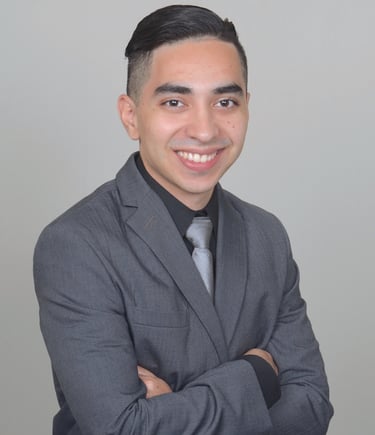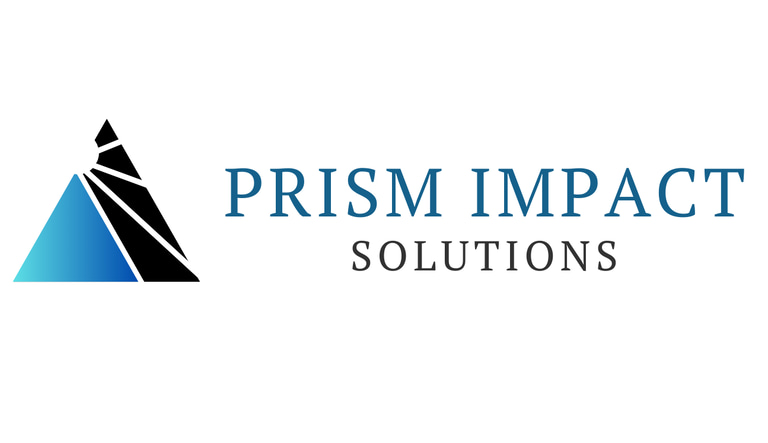
DEI: A Misunderstood Concept
Too often, DEI is framed as an ideological battle rather than what it truly is—an effort to correct deeply ingrained systemic inefficiencies. This post challenges the idea that DEI is about individual attitudes, arguing instead that real change happens at the policy, institutional, and structural levels. It’s time to stop politicizing equity and start addressing the real issues: biased research, inaccessible healthcare, and exclusionary policies that leave too many behind.
PROGRAMS & PRACTICESTRATEGY & SYSTEMS


The True Meaning of Diversity, Equity, and Inclusion: A View Beyond Politics
Diversity, Equity, and Inclusion (DEI) has become a politicized buzzword, often reduced to a shallow, polarizing concept that fogs its deeper meaning. Too often, DEI is framed as a culture war between the left and the right, or as a force that seeks to control the masses and guilt-trip individuals, for all the oppression they never had any say in. So, why even keep talking about it? Well, DEI was never just about race, political affiliation, or about placing blame on individuals for the systems they were born into.
What it has always been about are the systems.
Systems Were Not Built for Everyone
Our healthcare, education, legal, and broader social institutions were built upon a foundation that centered white privilege, white-bred knowledge, and white experiences. That’s not an opinion, this actually happened. Many of the policies that shape our lives today often trace their roots back to Eurocentric frameworks developed in the 18th, 19th, and 20th centuries, when people of color, women, disabled individuals, and other marginalized and neglected groups were systematically excluded from decision-making processes. For a nation as young as the U.S., this has had major implications to the way our resources are governed.
Even today, many of these systematic exclusionary forces remain. They aren’t always explicit; they exist in the shadows, hidden in outdated policies, structural inefficiencies, and the glaring absence of representation in research, medicine, and leadership.
Take nutrition science and medicine as an example. Different racial and ethnic groups have distinct dietary patterns shaped by culture, environment, and historical context. Despite this, mainstream dietary recommendations have long been modeled after a “classic” Western diet—one that does not account for the specific nutritional needs, varying food taste, genetic predispositions, or cultural habits of diverse populations.
Similarly, core fields such as medical and psychological research have historically relied on data from white subjects, perpetuating gaps in knowledge about how diseases manifest in other races, genders, or cultural groups. The consequences of this oversight are deadly: misdiagnosed conditions (medical or psychological), ineffective treatments, and deepening health disparities.
This pattern ripples across institutions. Mental health systems, for instance, were not designed to serve everyone equally. Psychological research and diagnostic frameworks have historically centered white, Western experiences, often disregarding cultural expressions of mental illness in other communities. The result? Miscommunication, distrust, and withdrawal from treatment. Black and Latino individuals as another example, are more likely to be misdiagnosed or underdiagnosed, and are less likely to receive appropriate treatment.
This is what institutional racism looks like—not just overt discrimination, but a deeply embedded system that fails to evolve fast enough to keep up with a melting pot of cultures and needs that is a hallmark of the USA.
Equity is Not About Sameness—It’s About Understanding Differences
A common argument against DEI is that “we’re all human” or “we should treat everyone the same.” But the reality is, and this is crucial, treating everyone the same does not mean treating everyone fairly.
Latinos often follow a certain diet. Black people have a certain diet. It’s not biologically that we are all human, but culturally and behaviorally, consequential differences exist. These differences matter when designing public health policies, medical treatments, social services, and educational interventions.
A similar concept applies to disability, neurodivergence, and mental health conditions. People with disabilities, neurodivergent individuals, and those struggling with mental illness are often expected to function in systems designed for neurotypical, able-bodied individuals. This expectation creates unnecessary barriers, forcing them to navigate a world that refuses to accommodate their realities. And yet, we still operate under the mindset that “anyone can just make it if they work hard enough.”
The truth is, vulnerabilities make the hill much steeper. Fear and avoidance—formidable forces that impact many marginalized communities in particular—are reinforced when institutions refuse to acknowledge that different experiences require different solutions.
In truth (my opinion), it’s okay to live life in a way that prioritizes joy, well-being, and community, without being a die-hard advocate of DEI. You're entitled to your choices and ideas, as long as they aren't harmful, disregardful, or dismissive of others. But it is not okay for our institutions to ignore the structural barriers that make success disproportionately difficult for some while carving an easier path for others.
The Purpose of DEI: Institutional Change, Not Individual Guilt
One of the biggest misconceptions about DEI is that it’s about changing individual attitudes—forcing people to feel guilty about privilege, or shaming them for unconscious biases. This is merely a distraction.
The real target of DEI is institutions. It is about reshaping policies, laws, and structures that were built with little to no consideration for realities of the marginalized. It is about speeding up the generation of solutions to outdated systems that still operate on white-centered knowledge and experiences. One big way to do that is hiring more diverse people, especially in roles of influence.
DEI is Not a Radical Concept—It is a Practical One
The most dangerous thing we can do is allow ignorance and misinformation to warp DEI into something it was never meant to be. It is not a political ploy. It is not a call for special treatment. It is not about making people feel bad for who they are.
It is about efficiency. It is about identifying the gaps in our institutions—the lack of representation in mental health care, the exclusion of non-white experiences in research, the policies (or lack thereof) that silently perpetuate disparities—and facilitating intentional work to combat them.
It is about designing systems that actually work for everyone.
To those who insist that DEI is unnecessary or divisive, consider this: every person benefits from more effective institutions. When we make healthcare more inclusive, more people receive the right care. When we expand access to education, for everyone, we create a more skilled, engaged, and ultimately happier society. When we address the root causes of inequity, we strengthen communities.
A scenario. Let’s say, in a big urban city, more government investments were channeled to schools that have historically received less money, than say, to other communities who’ve had generations of privilege to flourish? Too often, we see neighborhoods whose adverse and troubled past is still gravely impacting its growth and prosperity. So now, the work of DEI is to say, “hey look, we should do more for them right now, because before we didn’t.” To me, that's not a bad thing. Actually, it's very strategic.
DEI is not an attack on tradition; it is a necessary adaptation to an evolving young society.
So instead of politicizing it, let’s focus on what really matters: building better systems for everyone.


Jake Abarca is a public health professional, writer, and policy and program advisor with a passion for reimagining systems through strategic planning and impact-driven programs. His work spans grant writing, nonprofit strategy, and policy development aimed at facilitating meaningful change across communities.
About the Author
Jake Abarca, MPH

Subscribe to The Catalyst Network
Building a network of disruptors, visionaries, and policy leaders shaping the future.


